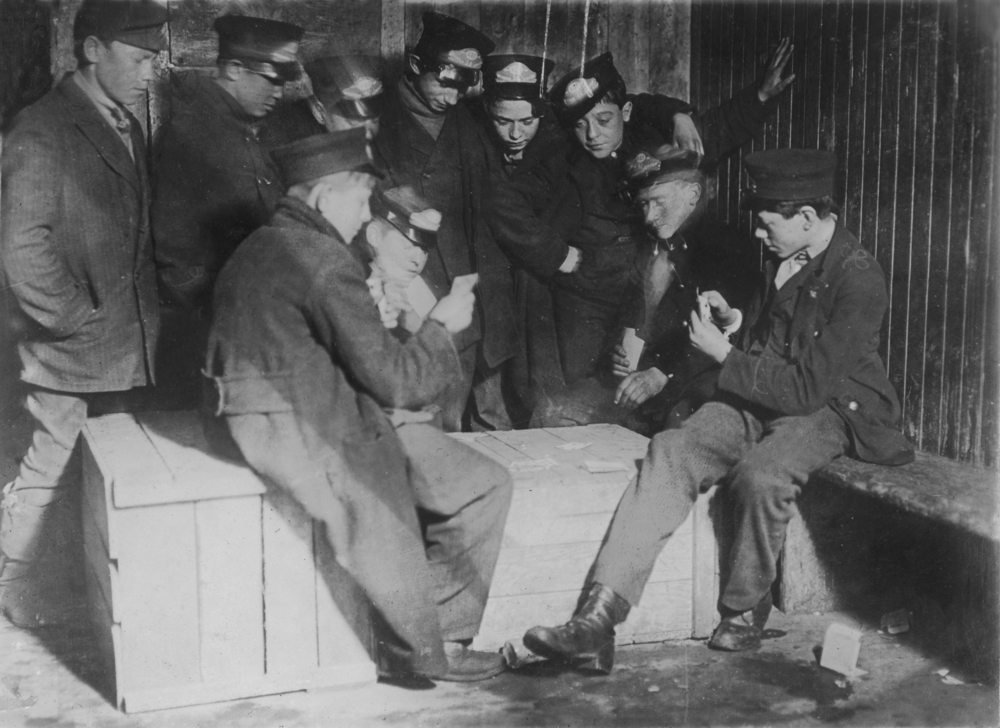Poker as we know it today has been around for a long time. Believed to have been developed in the 19th century in the United States, it has slowly grown in popularity until now, where it is played around the world.

The original game may have varied slightly in that there were fewer cards in a pack and fewer cards dealt per player. There is much contention over the origins of poker, however, with some historians proclaiming it to be a direct derivative of the Persian As-Nas, while others suggest that it comes from the Irish game of Poca, or potentially the French poque.
However, modern historians suggest that, in fact, all of this is false, as theories focus on the style of card-play rather than on the way that players bet on the game, which is the specific attribute of poker. With this in mind, it looks more likely that Poker developed in 1800s Mississippi, where a 52-card game was created. By the 1970s, poker was becoming very popular in casinos. This popularity was significantly boosted by the arrival of poker tournaments. Broadcast on television, this made them more accessible and made poker players into stars. Soon, many people wanted to join in this potentially lucrative game, and now, each year, tournaments are swelling in number.
The introduction of online poker at the start of the 21st century only served to push the popularity of poker even higher. Now completely accessible from anywhere, at any time, players could join in tournaments, watch games, view tutorials and more, all from the comfort of their own home. The poker industry is constantly growing, and whilst there is now a huge online player base, the live tournaments are also seeing a continual rise in contestants each year. Added to this, new tournaments both live and online, are added almost every year as well. Poker is here to stay.